Working together, with one voice and many hearts, we advocate for what we believe—justice and equality.
Together, we work every day to become a region free of race and class barriers.
About Us
“The way to right wrongs is to turn the light of truth upon them”

Our Mission
Community Renewal Society informs and brings people of faith and congregations together, in partnership with communities, coalitions, interfaith organizations and civic leaders, to intentionally and decisively transform society toward greater social justice at the intersection of racism and poverty.
Vision
The Beloved Community: where all God’s children flourish and live in dignity.
Our Racial Equity and Social Justice Framework
-
Structural Racism is the cumulative impact of historical and current policies and practices and cultural stereotypes and norms that together maintain racial hierarchies and inequitable racial group outcomes.
Systemic Racism is comprised of policies and practices in public and private institutions that result in the exclusion or promotion of certain racial groups that perpetuate and reinforce inequitable outcomes; it is what enables structural racism to persist.
*Definitions used by Woods Fund and its partners, Philanthropic Initiative for Racial Equity and Association of Black Foundation Executives.
-
CRS is committed to engaging and empowering people directly impacted by systemic and structural racism. CRS works with congregations and community leaders to build power and identify shared problems and solutions to those problems through public policy and advocacy.
-
Experience has demonstrated that creating and implementing new policies or programs does not always lead to the outcomes advocates had articulated and policymakers agreed upon, for a variety of reasons. CRS monitors the implementation and impact of the policy or program and, in doing so, holds policymakers and public agencies accountable for its success.
-
Effective public engagement is intertwined with building knowledge, understanding, encouraging action and creating change. CRS’ newsmagazine, The Chicago Reporter was founded on the heels of the civil rights movement of the 1960s. The Reporter confronts racial and economic inequality, using the power of investigative journalism. The Reporter’s mission is national but grounded in Chicago, one of the most segregated cities in the nation and a bellwether for urban policies.
-
CRS' mission since its founding has always reflected the spirit of the denomination that founded it, the Congregational Church (predecessor denomination to the United Church of Christ). Even today, CRS' programmatic focus aligns with the mission principles of the United Church of Christ: combating social injustice, striving for economic and racial justice and combating poverty.
CRS was started in February 1882 when seven laymen and ministers of the Congregational Church of Chicago (predecessor denomination to the United Church of Christ) formed the Chicago City Missionary Society to address the social, educational and economic needs of newly arrived immigrants. They envisioned an organization that would provide a Christian structure that would renew the quality of life in the Chicago metropolitan area.
Congregationalists were strong in their belief of the civil rights of all people. They believed in the transforming power of the gospel to right social ills, particularly inhumanity to other races, specifically the injustice of slavery. The Congregational Church was composed of Black and white Americans who were active supporters and workers in the faith.
One example of their belief in action was the now famous episode that began aboard the slave ship Amistad. In 1839, Africans being transported to Cuba led a mutiny for their freedom that landed 44 of them in a New Haven, Connecticut prison. Congregationalists provided legal counsel for the prisoners which resulted in their acquittal and freedom in 1841.
In addition, since migrating to America, Congregationalists have been responsible for the establishment of hundreds of churches, colleges, social justice organizations and universities including Harvard, Dartmouth, Tougaloo, Fisk, Talladega, Lemoyne Owen, Oberlin and Dillard.
As the needs of the city changed, so did the organization as reflected in the evolution of its name. Four name changes reflect four different approaches to urban centered faith-based mission: Chicago City Missionary Society, Chicago Congregational Missionary and Extension, Chicago Congregational Union and, today, Community Renewal Society. Though the name has changed, the mission has remained the same: to provide a moral voice, faithful witness and concerted action on social issues.
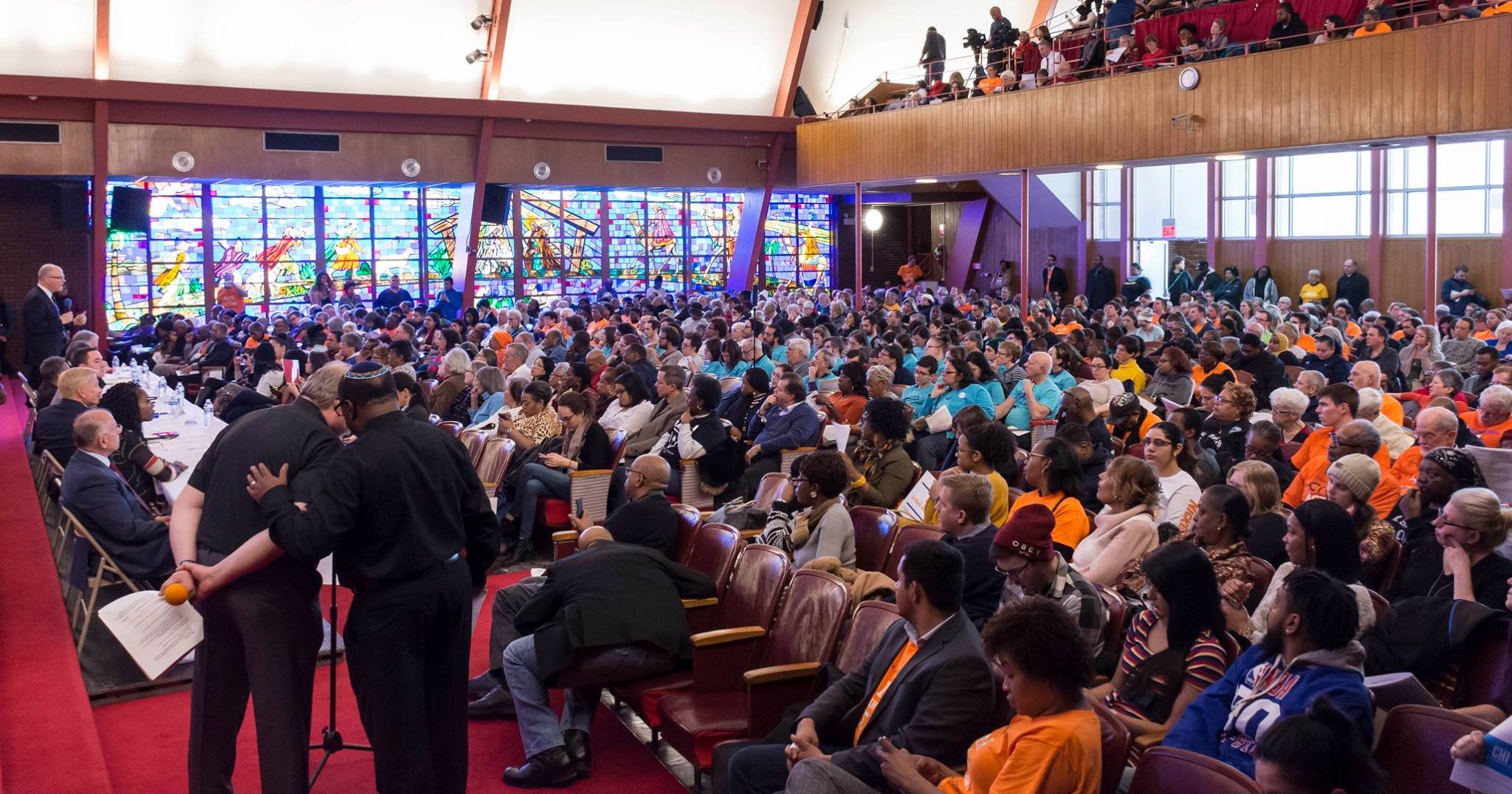
Member Congregations
Community Renewal Society member congregations come together across racial, ethnic, geographic and socioeconomic lines to shape public policies that foster hope and create opportunity for all Illinois residents. Member congregations form an effective and powerful network that speaks the truth with one resounding and persuasive voice to overcome the barriers of racism and poverty.
Our Board of Directors

Our Amazing Staff
Our Programs
The Chicago Reporter
The Chicago Reporter is a nonprofit investigative news organization that focuses on race, poverty and social justice. The Reporter was founded by civil rights activist John McDermott in 1972 to measure the city's progress toward racial equality. Read new content daily at chicagoreporter.com.
Organizing and Policy
CRS staff work with member congregations to promote community advocacy and public policies to overcome barriers of poverty and racism. Activists in member congregations have come together across racial, ethnic, geographic and socioeconomic lines to shape public policies that foster hope and create opportunity on the city, state and federal levels. CRS staff provides organizing and advocacy training, mentoring and guidance, political context and legislative solutions to community problems, build legislative strategy and maintain an active presence in Springfield, Cook County and Chicago.

Leadership Structure at CRS
CRS is committed to engaging and empowering people directly impacted by systemic and structural racism. CRS works with congregations and community leaders to build power and identify shared problems and solutions to those problems through public policy and advocacy.
-
Organizing and Policy Committee (OPC) is the decision-making body that represents the Congregations and Board of CRS. OPPC guides and supports the work of the Organizing and Policy Department and establishes the priorities for our campaign work. OPC is not responsible for day to day management of campaigns, but rather seeks to support and advise staff and managerial leadership as they advance our Platform for Renewal, as voted on by our congregational members.
-
Faith in Action Teams (FIAT) are the essential organizing unit of CRS’ member congregations. FIATs are responsible for building relationships and power within their congregations, identifying new leaders, educating the congregation on issue campaigns and identifying new issues, strategizing tactics to increase campaign and action turnouts and representing the congregation at CRS’ Annual Membership Assembly. Learn more about the roles of FIAT members and chairs.
-
Issue Teams are made up of core leaders from the CRS member congregations who are responsible for leading specific issue campaigns selected by the member congregations during the Annual Membership Assembly.
Issue Teams conduct power analyses, plan action campaigns, hold actions and engage the entire network to win victories on priority issues.
Contact us to join one of our current Issue Teams:
Empowering Leaders for Justice
Leadership Roles
-
FIAT members are members of the congregation who have a self-interest in participating in justice ministries. FIAT members are responsible for being an essential member of the team and connecting the congregation to the work of CRS. Specifically, team members should plan on:
· Attending monthly meetings of the FIAT;
· Conducting one-on-ones to build/expand the team and identify new leaders
· Taking a leading role (as appropriate) in building relationships with elected officials; and
· Turning out members of their congregations for campaign actions.
FIAT members will work closely with the other leaders of the team and CRS staff to accomplish the above tasks.
Leaders should complete CRS’ Confronting Pharaoh training while working to develop the following capacities:
· Commitment to the issue;
· An understanding of power and the theology of justice; and
· Reliability and responsibility
-
FIAT Chair(s) are the primary point of contact for organizing work within the congregation. Their work should include:
· Conducting one-on-ones in their congregation to build/expand the team and identify new leaders;
· Convening regular meetings (monthly, bimonthly) of the team;
· Planning agendas and taking minutes for meetings and distributing them in a timely fashion;
· Leading the team through planning one-on-ones, local actions, and legislative meetings;
· Providing outreach and education to engage their congregation regularly in campaign actions;
· Turning out members of their congregation for campaign actions; and
· Leading the team through activities to take on local issues.
FIAT Chair(s) should complete CRS’ Confronting Pharaoh and Three Day Community Organizing Training while working to develop the following capacities:
· Commitment to building power to do justice work in their congregations;
· An understanding of power and the theology of justice;
· Effective public communication skills;
· Meeting facilitation skills; and
· Reliability and responsibility
Social Media
CRS organizers will assist FIAT members to build an online community by providing social media training. Members may share information from campaign updates; follow CRS on Twitter; “like” CRS on Facebook; subscribe to CRS’ YouTube channel; and share experiences using #weareCRS.
-
Issue Team members are responsible for leading the work of the campaign. Specifically, team members should plan on:
· Attending regular Issue Team meetings;
· Conducting one-on-ones to build/expand the core group and identify new leaders;
· Taking part in campaign and issue research;
· Taking part in conducting power analysis, campaign strategy, and action planning sessions;
· Taking a leading role (as appropriate) in public actions, legislative actions, negotiations, and communications with campaign targets;
· Turning out members of their congregations for campaign actions; and
Issue Team members will work closely with the other team leaders and CRS staff to accomplish the above tasks.
Leaders should work to develop the following capacities:
· Commitment to the issue;
· An understanding of power and campaign principles; and
· Reliability and responsibility
Rev. Dr. Waltrina N. Middleton
Our Executive Director
Community Renewal Society’s 13th Executive Director, Rev. Dr. Waltrina N. Middleton, is a passionate preacher and keynote speaker, has shared a vision and message of faith, love and justice in diverse settings across the world, including:
The World Council of Churches Forum on Peace and Justice in Trondheim, Norway
National Council of Churches
The Carter Center
Samuel DeWitt Proctor Conference
Churches Uniting in Christ
Coalition of Black Trade Unionists
Ecumenical Advocacy Days
Part of a United Nations delegation addressing U.S. drug policies and mass incarceration
Careers at Community Renewal Society
Benefits
Part-time and full-time employees enjoy a wealth of benefits including:
10 Paid Holidays
2 Additional Paid Holidays
Paid Vacation
Paid life insurance, disability insurance and long term care insurance
Complimentary wellness program
Employee recognition program
Available Positions
There are no available positions at this time.
Volunteer
Become an advocate! If your congregation is a member of CRS, join a Faith in Action Team or an Issue Team.






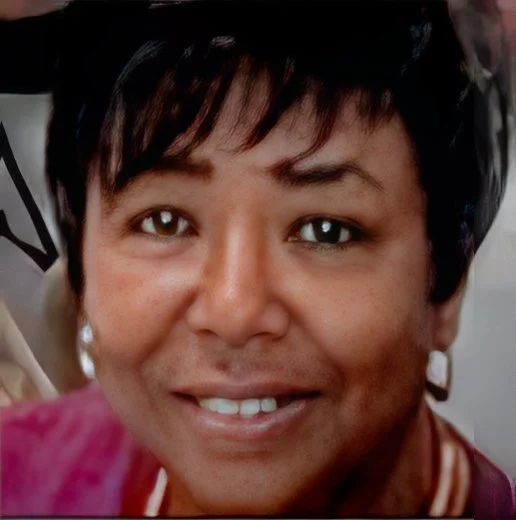
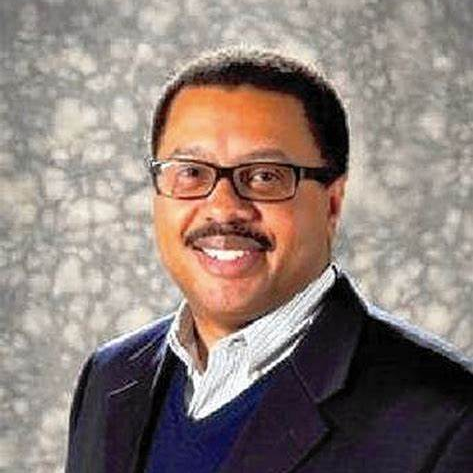





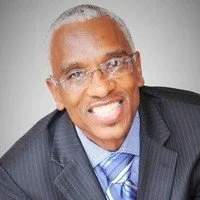





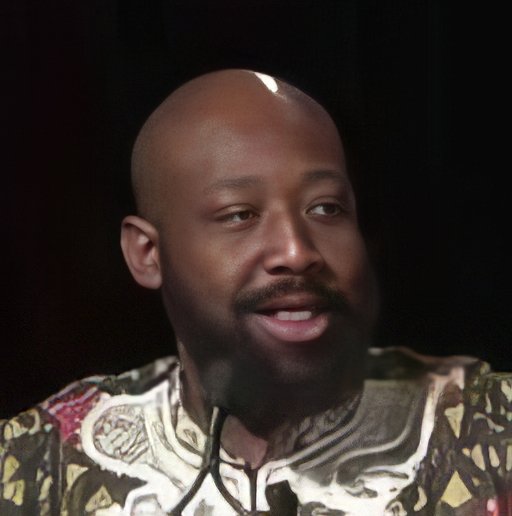




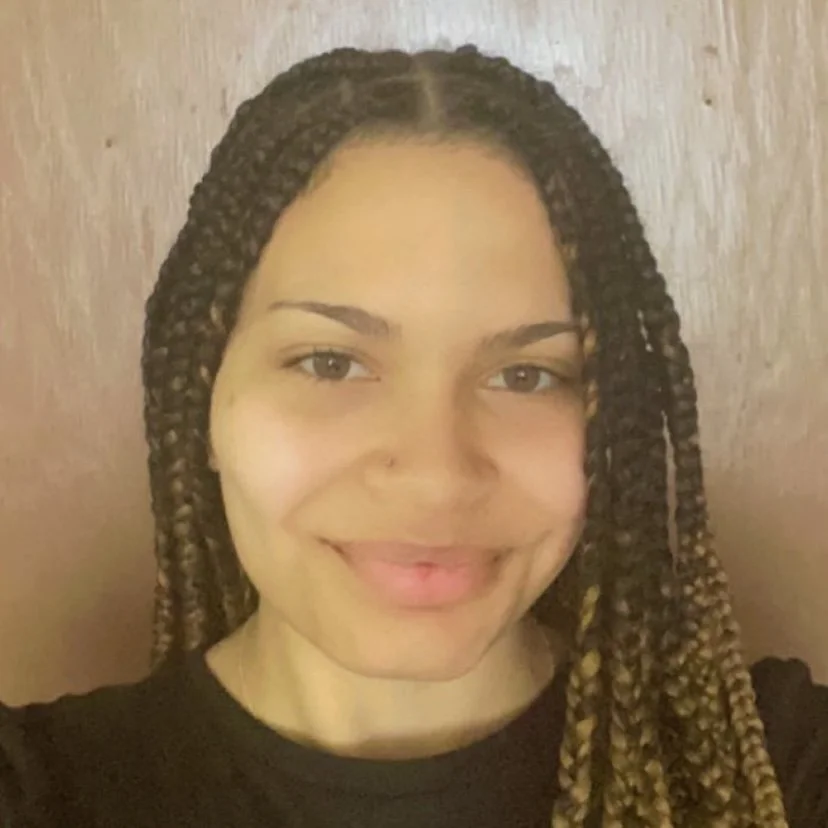


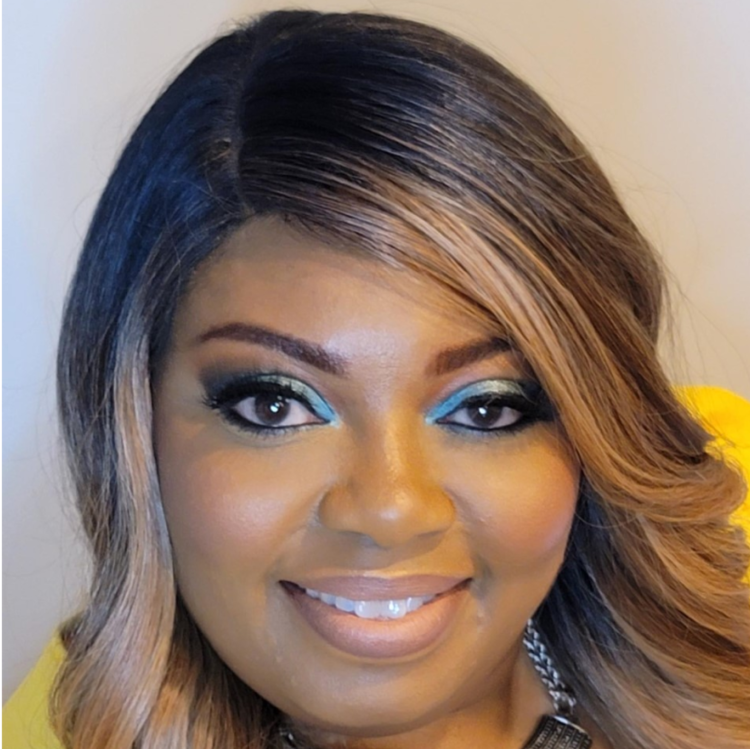




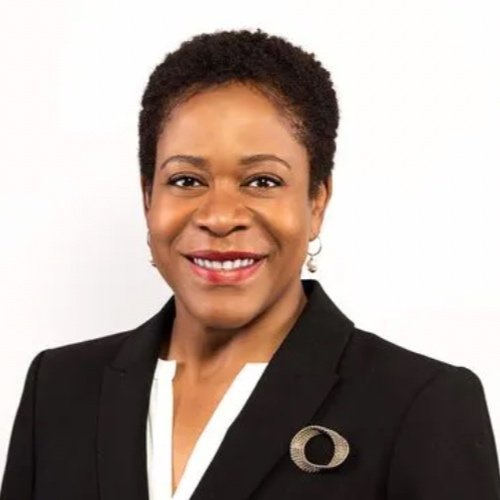



Associate Pastor of Online Engagement and Community Outreach at Covenant United Church of Christ